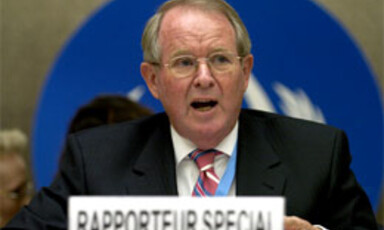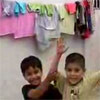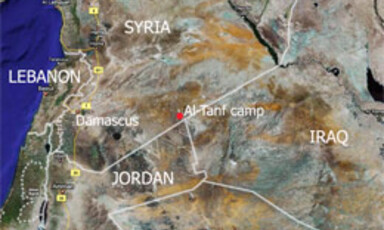
Another Mideast envoy fed up with quartet
15 October 2007
UNITED NATIONS, Oct 15 (IPS) - The United Nations has come under strong criticism from one of its own top human rights officials for failing to take effective action to check the ongoing Israeli abuses in the occupied Palestinian territories. Expressing his anger and frustration at the fast-deteriorating human rights situation in Gaza and the West Bank, John Dugard, the UN special rapporteur on human rights for the Palestinian territories since 2001, has suggested that the world body quit the Middle East Quartet. Read more about Another Mideast envoy fed up with quartet








